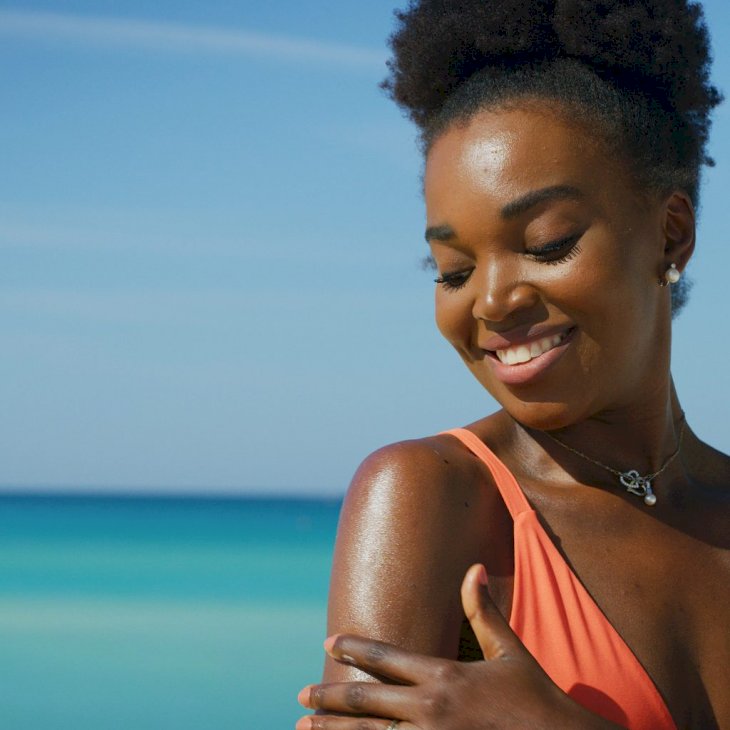
A Complete Guide To Sunscreen & SPF
Hello Summer, The perfect season to get outside and do every activity at the water’s edge. It's time to say goodbye to your winter closet and expose some skin, so put your sunscreen out to defrost because we’re about to spend every waking moment in the sun!
Spring is here, and while we wait for the heat to fully embraces us, we’re getting prepared with all the essentials! Sunscreen is always at the top of your list because on vacation, you’re barely indoors.
Spending time in the sun is terrible for your skin and can lead to conditions like wrinkles or cancer, and sunscreen can help protect you. Here’s all you need to know about how sunscreen works.
Why Is SPF Important?

Shutterstock
A while ago, SPF was something you looked for on your sunscreen bottle, but SPF is not total sun protection. SPF works by blocking the UVB rays from the sun. But it left room for UVA rays to penetrate the skin's surface still; both UVA and UVB rays are responsible for causing skin cancer.
SPF indicates the time it takes your skin to burn, not temperature, so if your skin starts to burn in 15 minutes and you use an SPF 15 sunscreen, you are protected for 225 minutes. Nowadays, sunscreens offer multi-spectrum protection to keep you safe and should still be used even though UVA protection can’t be measured.
Research showed that the SPF level advertised on products is actually less when used. So when looking for a sunblock, go with SPF 50 to ensure extended protection!
Why Do You Need Sunscreen?
Sunscreen helps protect your skin against skin cancers by blocking the harmful rays that cause them. Sunscreens do have a lot of chemicals, but certain chemicals like oxybenzone, ecamsule, or zinc oxide are some ingredients that offer excellent UVA protection.
Water-resistant sunscreens are perfect if you’re going to be splashing around and still offer protection while you’re sweating. However, it’s not waterproof; they only stay effective for 40-80 minutes in the water, depending on the label, so if you’re swimming, reapply regularly.
Is it enough?

Shutterstock
The sun’s rays are harmful, and we know that sunscreens offer protection for a limited time, so sunscreen shouldn’t be your only line of defense against the sun. Some people can still get skin cancers even if they are protecting their skin regularly.
Staying in the shade as much as possible and using wide-brimmed hats are a few precautions you can take to lower your exposure. You should use sunscreen every day throughout the year; just because it’s overcast or cold doesn’t mean that the rays can’t reach you!
If you’re darker in complexion, it doesn’t exempt you from using sunscreen either; UVA and UVB rays are still as dangerous for your skin! So before you go out, remember to put some sunscreen on your exposed skin.